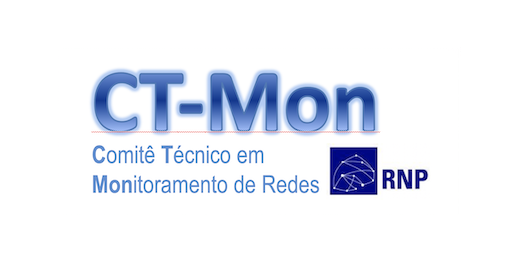Speaker
Description
Software-Defined Networking (SDN) is a paradigm that explores the separation between data plane and control plane in communication networks. This separation has enabled opportunities to make these networks more flexible, dynamic, and customizable. In this context, the SDN paradigm can be applied to tasks inherent to the management of network environments, such as those related to measurement mechanisms. A Software-Defined Measurement (SDM) can be defined as the utilization of SDN-related techniques to perform a network measurement, a concept which has been explored by many authors. Although SDM techniques achieve unprecedented deep and wide measurement information leveraging the SDN architecture, most of them still are based on software that is plugged in the network (into control or data planes) to perform a predefined set of measurements tasks alike a measurement solution in traditional networks. We think that fully SDM techniques are those that go beyond, providing a certain level of programmability of the measurement task for the operator. SDMs can help network administrators to fit management tasks in SDN environments. However, due to the freshness of the SDM techniques themselves, it is difficult to draw a whole picture of their efforts. This presentation focus on a literature review on SDMs as well as a potential classification. Finally, future trends are discussed in order to predict what the future holds for SDMs.
Jéferson Campos Nobre é Professor Adjunto do Instituto de Informática da Universidade Federal do Rio Grande do Sul (UFRGS) e orientador no Programa de Pós-Graduação em Computação (PPGC) do mesmo instituto. Jéferson realizou doutorado-sanduíche na Cisco Systems nos EUA e foi pesquisador de pós-doutorado na Universidade Federal do Pará (UFPA). Atualmente, Jéferson é co-coordenador da Internet Engineering Task Force - Latin America and Caribe (IETF-LAC) Task Force e co-secretário do Network Management Research Group (NMRG) do Internet Research Task Force (IRTF) e participa ativamente no Autonomic Networking Integrated Model and Approach (ANIMA) Working Group. Além da experiência acadêmica, Jéferson atuou como engenheiro de telecomunicações em diversas operadoras. Seus principais tópicos de interesse incluem Redes Autonômicas e Abordagens Distribuídas aplicadas ao Gerenciamento e Segurança de Redes.

